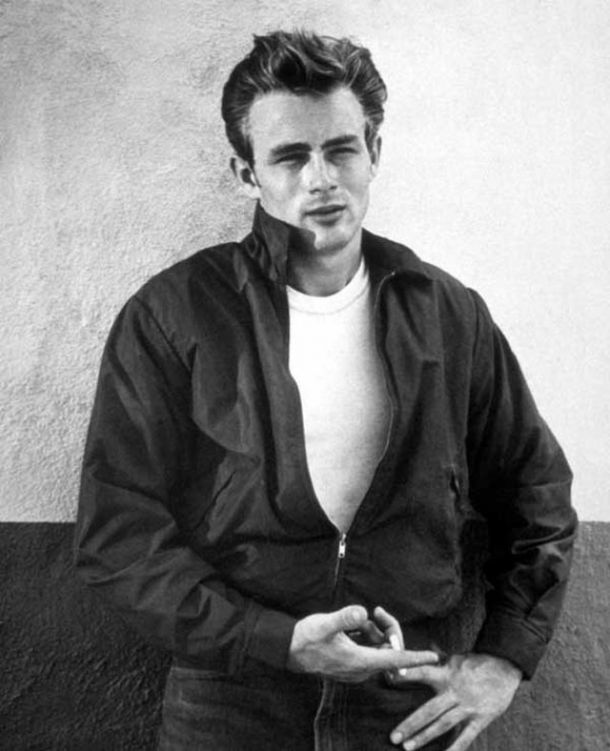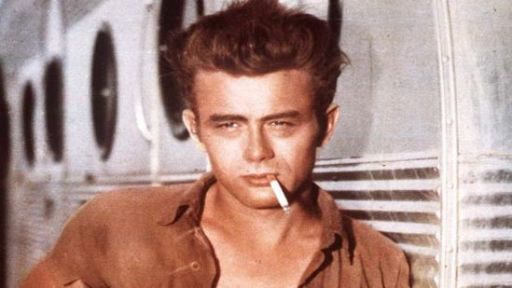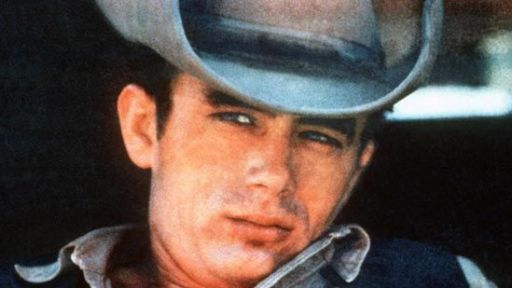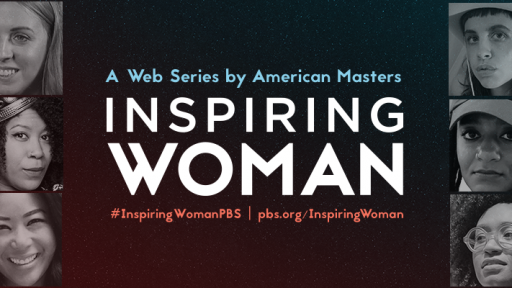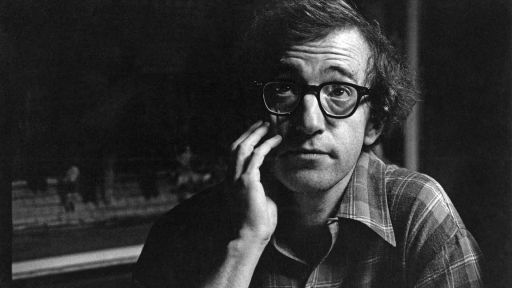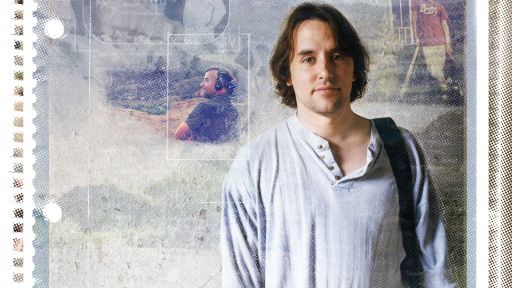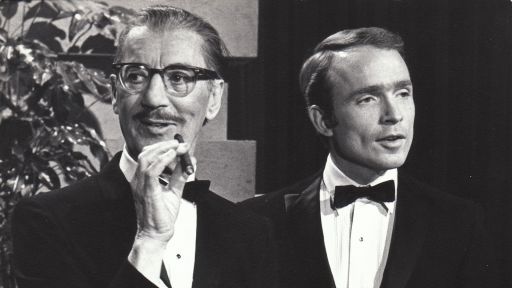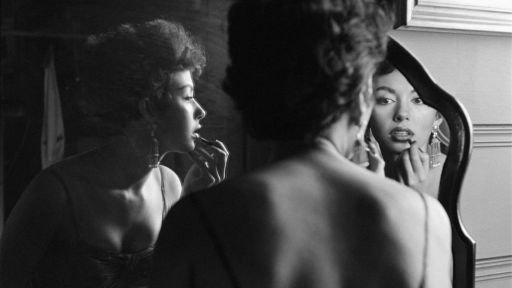Writer Laura Townsend looks at the influence James Dean’s personal life had on his Hollywood persona, exploring how the late actor’s iconoclastic approach to acting differentiated him from the work of his peers.
Although James Dean‘s career was cut short at age 24, the three films he starred in were enough to make the actor a legend. Dean drew audiences in with his raw vulnerability and left them captivated, his brutally honest performances lingering in their hearts and minds long after credits stopped rolling. Many might surmise that Dean’s iconic image—that of a lackadaisical teen with slicked-back hair and a cigarette dangling between his lips—was merely an extension of the rebellious characters Dean portrayed on-screen. In reality, Dean’s characters reflected his real life persona.
By bringing his personal experiences, attitudes and feelings into his acting and silver screen image, Dean blurred the line between reality and fantasy in Hollywood. He did something that few other actors had done before him: he invited audiences to understand him intimately through the lens of fictional storytelling.
The problems that the character Jim Stark faced in “Rebel Without a Cause,” particularly involving his family and upbringing, bore a striking resemblance to James Dean’s own difficult childhood. Dean was born in the small and provincial town of Marion, Indiana, where his father worked as a farmer. When Dean was six years old, his family moved to Santa Monica, California where his father traded the farm fields for a career in dentistry. As a child, Dean was not particularly close to his father, but had a special connection with his mother. The boy dreamed of becoming an actor and spent his days learning to tap dance, making art and playing the violin. His hobbies were not congruent with what was expected of a young boy in the 1930s. Biographer Michael DeAngelis writes in “Gay Fandom and Crossover Stardom: James Dean, Mel Gibson, and Keanu Reeves,” that Dean felt his mother was “the only person capable of understanding him.”
When Dean was just nine years old, his mother died of uterine cancer. His life would never be the same. Dean’s father was not up to the task of raising his young son on his own. He sent him 2,000 miles away to live with an aunt and uncle in a Quaker household in Fairmount, Indiana.
Dean found escape in radio shows and spent hours holed up inside, glued to his radio set. As he got lost in other people’s stories, his dream of leaving Indiana and becoming an actor intensified.
According to friend and fellow actor Mark Rydell, “the truth of the matter is that [Dean] was haunted, throughout his life, his short life, by his need for a father. His father was brutal to him. His mother abandoned him by dying when he was nine and so he was, in a sense, an orphan. When he went back to Indiana after his mother’s death his father promised to be there.”
In reality, his father never returned to Indiana and Dean “never saw him again until he was eighteen or so. So Dean was left with a gigantic hole in his personality. The hunger for a daddy, for someone to connect with him, to nurture him and take care of him and to guide him and to lead him.”
Following his high school graduation, Dean moved between Los Angeles and New York in pursuit of an acting career. After landing a few key roles in television and on the stage, he was asked to star in director Elia Kazan‘s feature film “East of Eden.” This film would not only set Dean’s career in motion, but it would also introduce the world to an actor who was unafraid to insert all of himself—his real experiences, vulnerabilities and emotions—into a role.
“He understood pain,” says actor Martin Landau. “Young people usually don’t have that kind of pain or don’t wear it as externally.”
Dean’s ability to channel his pain into his acting differentiated him from other actors of his generation. “One of the things that made [Dean] noticed,” Landau explains, “was his vulnerability. He understood a mother he didn’t have…’East of Eden’ was like a chance to meet his mother again, if one accepts that.”
Not only did “East of Eden” give Dean a chance to confront his grief for his mother, but it also allowed him to deal with his feelings of abandonment by his father. According to Rydell, director Elia Kazan was aware of Dean’s feelings toward his father and “actually directed [Dean] to utilize that” in his performance.
“Kazan realized this guy’s perfect for a part where a guy is struggling with his father, needing the love of his father. Kazan had wisdom in that area; it’s kind of a psychological perception that is at the root of all good casting. You find out what the needs of the part are and you try to find somebody who needs those things.”
Dean was notorious for improvising his lines and ignoring the screenplay. Sometimes, he would even move from the positions the director instructed him to stand in. “He would [work] depending on how he felt at the moment,” remembered actor Eli Wallach, which often aggravated his co-stars. On one occasion, while filming “East of Eden,” Dean’s co-star Raymond Massey approached Kazan to complain about Dean’s erratic behavior. Kazan responded by telling Dean to “keep it up” because Massey was “getting irritated . . . [and] that’s the color I want in the scene.”
Dean did not need to rely on the script for a stunning performance. He had his own feelings, his own instincts, to draw on instead. Albeit unconventional, this approach worked because it allowed for an honest, authentic performance from Dean. Dean understood his relationship with his on-screen father because of his relationship with his real father. He didn’t need to follow a script verbatim—he needed to channel his own experiences.
It wasn’t just his performances that reflected Dean’s tragic upbringing. His entire persona—the larger-than-life image that remains so iconic decades later—stemmed from the pain of his past.
Dean, in every sense, was a rebel—just like the characters he played on-screen. He didn’t conform to the clean-cut all-American style that was expected of young stars of that era. He arrived late to work and was often moody and uncooperative on set. He spent the money from his films on luxury sports cars, which he drag raced through the streets of Hollywood—as though life itself was something to be toyed with rather than cherished. His pain followed him everywhere: from his free time, to the clothes he wore, to his work. Dean as an actor and character differed imperceptibly from Dean as a person.
On September 30, 1955, Dean crashed his beloved Porsche, putting an end to his life at just 24 years old. He was on his way to a racing track. Dean’s death rattled the world. No one was prepared to say goodbye to the young actor they were just beginning to know and love. His legacy was solidified when Dean was nominated for Best Actor in a Leading Role for “East of Eden,” making Dean the first actor in the history of the Academy Awards to be nominated posthumously. He was nominated again in 1956 for his role in “Giant.” Dean remains the only actor to receive two Academy Award nominations posthumously.
Writer Bill Bast remembered Dean discussing the novella, “The Little Prince,” with him. The book “was as sacred to [Dean] as the Bible is to other people. He believed in that book, I can tell you. It’s a story of this special little guy who comes from another planet and is extraordinarily compelling and has a view of life that is absolutely beautiful and of relationships that is very touching. And then a time comes when he has to go away and he allows this snake to bite him and he goes back to his little planet. Well what do we have here? Whose story is that?”
That’s Jim Stark’s story. It’s Cal Trask’s. It’s James Dean’s.
Bibliography:

